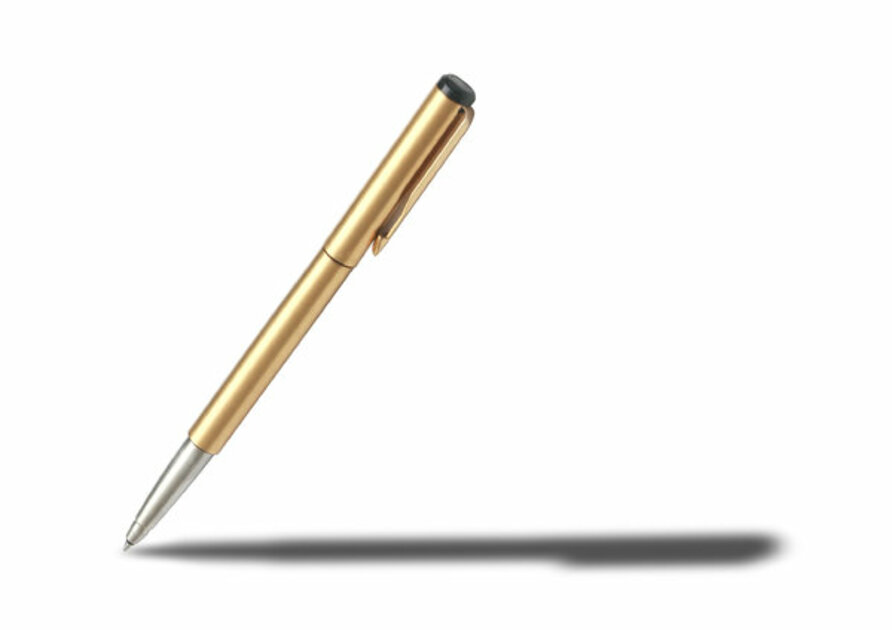
Our Gemara on Amud Aleph discusses the concept that produce needs to come into contact with water (in the verse, VaYikra 11:38) and other primary liquids in order to become receptive to ritual impurity. However, the proviso is that there be a human will and interest that the water be applied. A random splashing of water that serves no interest to the owner of the produce, unlike washing it, does not make it receptive to ritual impurity. The simple explanation is that only once it becomes a processed and ready to eat foodstuff does it transition from earth matter which does not receive impurity to human constructed matter, which does receive impurity.
Of course, this is too juicy to not have deeper mystical implications. For starters, we begin to see that impurity only comes from, and into, objects that leave their natural state, with the exception of humans. Only a dead animal, or produce detached from the ground and set for human consumption is able to draw impurity. Humans, on the other hand, are susceptible to both external impurity or impurity generated from their various physical states (such as Niddah, Zav, zava, Bal Keri and metzora.) This Points us in the direction of thinking that ritual impurity is about an experience that humans generate in contrast to natural matter. Most impurities have to do with disease or death. Niddah and Baal Keri is the loss of the potential fetus, while corpses and metzora are basic decay of life forces. Humans must constantly wrestle with their mortality and their physical nature as they endeavor to be attached to more godly matters.
Likutei Halakhos expands the idea as follows (Bircas Hareach 4:9):
Water was the first created item, and the foundational element. (I suppose he learns the Spirit of God hovering over the face of the water in Bereishis 1:2 represents the initial state after creation.) Water is the universal solvent and this is why it represents the idea that everything was created by God. At the same time, all purity is an outgrowth of the realization that the world was created by God, ex-nihilo. The Mikvah purifies because it is a rebirth and return from the original state of matter, but it also renders produce receptive to impurity because it is that moment of decision, so to speak that purity or impurity emanates. In other words, the moment of choice to recognize God as the creator, to take into account his presence or not, this is the crossroads between purity and impurity. Thus, water which represents the initial state and substrate of all matter, is the starting point and ending point of all purity and impurity.
All of this may seem like a stretch if you are unaccustomed to thinking in this symbolic fashion about Jewish ritual. Psychologically speaking, these symbolic ideas are impactful on our emotions and thoughts in ways that transcend conscious thought and go straight to the unconscious. Despite what we tell ourselves, most of what we think and feel are influenced by unconscious sensations and connections.

 Previous
Previous
